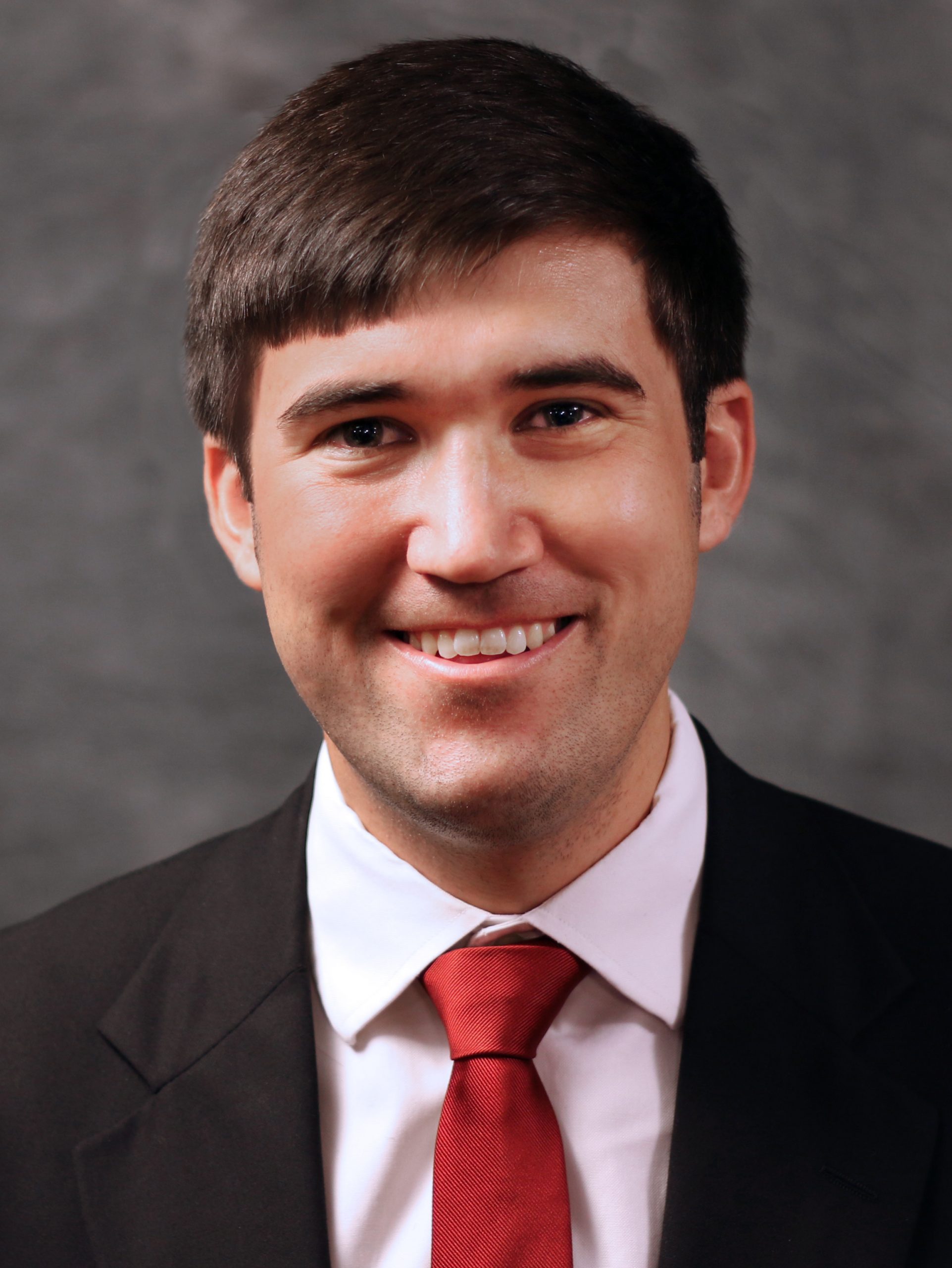User Fees Are A Better Way To Fund State Roads
In his latest Kansas City Star column, Dave Helling argues that it might be correct that everyone should pay for Missouri’s highways and bi-ways, not just the people using the roads. His argument is that we all benefit in some way, therefore, all of us should pay.
This argument is doubly flawed. First, in a user-pay system, the individual who doesn’t drive still pays for the road through the cost of the products he or she buys. This is factored in as companies have to take into account the cost of gas used to ship their goods; that cost varies based on the amount of highway required to move that good. Paying for the highway through user fees places a large direct cost on shipping companies and frequent drivers (who benefit greatly) and a tiny cost on those who do not drive but purchase shipped goods. Additionally, by paying for the shipped good based on its actual transport costs, user fees promote long-term economic prosperity because they encourage local products and efficient supply chains.
Second, all goods, services, and factors of production have indirect benefits. Take the example of a sandwich shop. Sure, those who eat the sandwiches benefit the most from the shop, but we all benefit from the new employment, the productivity of well-fed customers, and neighborhoods with vibrant businesses. So why make shop customers pay? Missouri could open sandwich shops, give the food away, and support the stores with general taxes.
The logical conclusion here is a planned economy, which Helling and others making this argument would not support. But placing aside the polemics, there are good economic reasons that disconnecting the user of a good from the cost of that good is bad policy. Governments will have no way of ascertaining the economically efficient supply of highways for drivers (much less indirect benefits), likely resulting in a highway system that is simultaneously wasteful and inefficient. The lack of user fees on driving will subsidize the activity, leading to more waste and negative externalities such as congestion, more urban sprawl, and ultimately higher costs for the Missouri Department of Transportation (MoDOT).
Some goods and services (police, public parks) that the government provides may require general taxes for support. However, where possible, it is both fair and economically efficient for users to pay. That is the basis for Missouri’s state road spending right now. To change this model away from user fees will unfairly subsidize heavy road users and damage Missouri’s economy in the long run.


